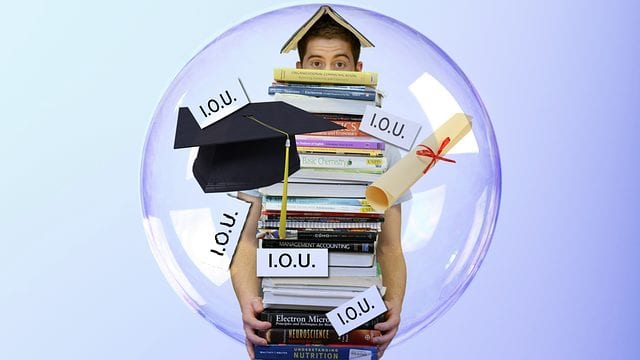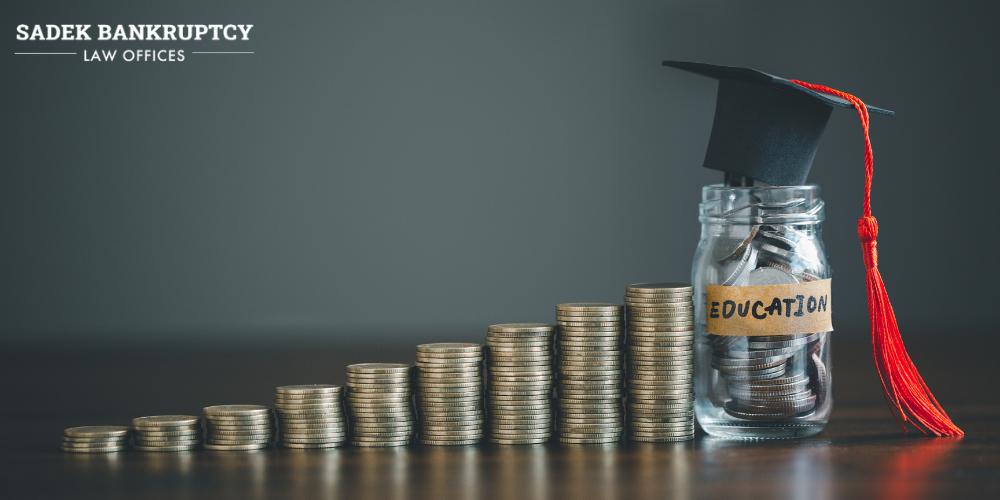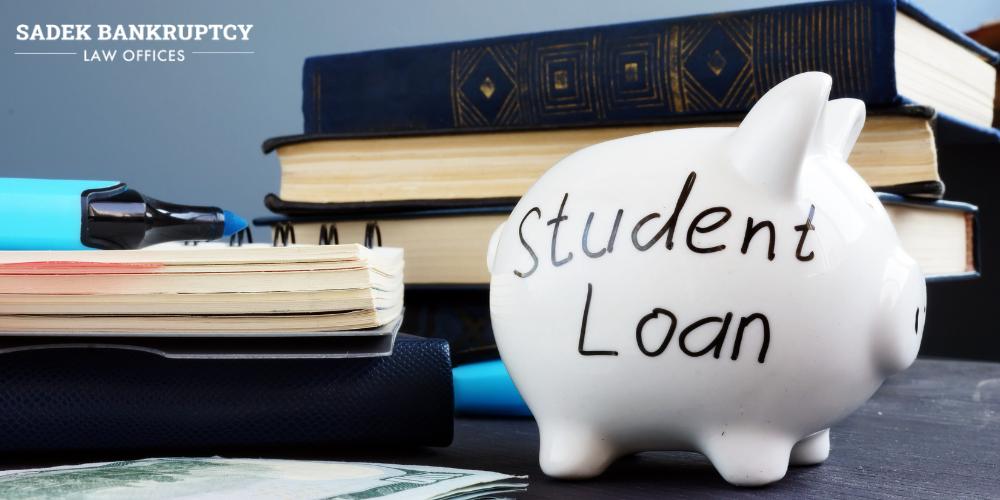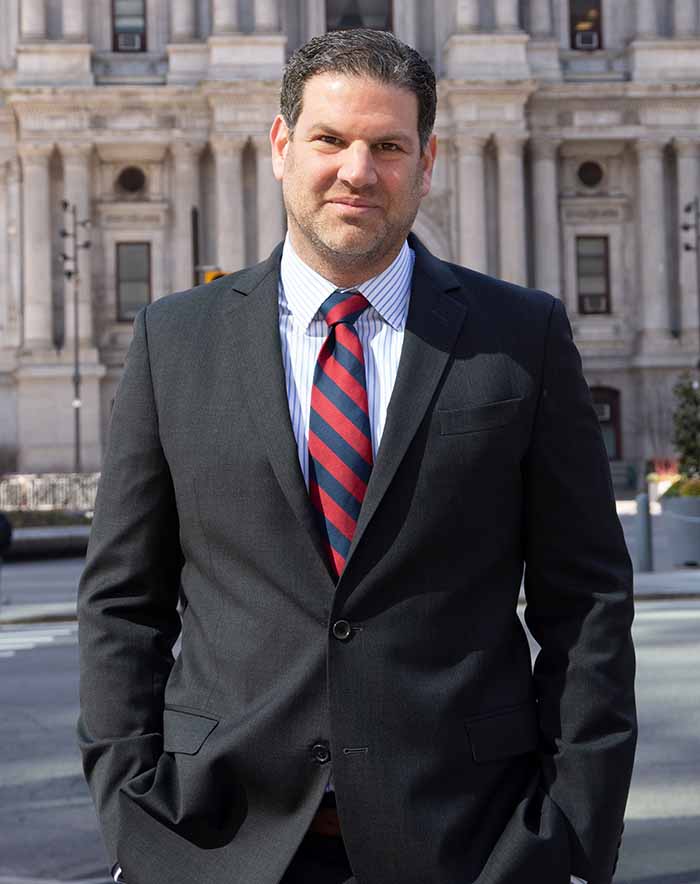Student Loan Lawyer in Philadelphia, PA
Top Bankruptcy Attorneys and Home Foreclosure Defense Attorneys.
Over 750 ★★★★★ Google Reviews

Contact Our Attorneys Today



EVALUATION
At Sadek Bankruptcy Law Offices, we realize that every situation is different. Our debt relief lawyers will take the time to learn about your situation and your goals. Our objective is to explain your legal options and offer the best debt relief strategy for you in the most compassionate and friendly manner possible. Call 24/7 to schedule your meeting with a lawyer.
AVAILABLE
Our office understands the financial stress our clients endure. Therefore, in addition to reasonable legal fees, we offer a payment plan to all of our valued clients to make quality legal services most affordable.
AND NJ
In addition to our primary law office in Center City, Philadelphia, we also have law offices throughout the Greater Philadelphia, Pennsylvania Area and in New Jersey. Our branch offices have contributed to making us the #1 Bankruptcy Filer and debt relief firm in the Greater Philadelphia area. Our goal is to have a convenient location within 20 minutes of where our clients work or reside.
Student Loan Debt Relief Attorney in Philadelphia
Over the years we have heard many stories and helped thousands of clients with student loan law and debts. It is understood that a borrower does not want to fall behind.
A common theme is that our clients cannot afford life’s necessities and emergencies while making their monthly student loan payments, let alone save for an apartment, future home, a vehicle down-payment, or retirement.
Accordingly, our office proudly assists residents throughout Pennsylvania and New Jersey with Student Loan legal assistance.

Despite progress on Student Loan forgiveness, many still face defaulting on their loans.
Our recent presidential administration has made great strides expanding and enforcing student loan forgiveness; however, most student loan borrowers will continue to be riddled with student loan debt. In 2021, there were 1.7 trillion dollars in student loan debt outstanding, and 45 million borrowers faced student loan debt.
This is the second largest debt Americans face, behind only mortgage debt. As college becomes more expensive and as defaults are increasingly more difficult to avoid, this debt will only continue to grow.
Most astonishingly, approximately 40% of student loan borrowers are expected to default on their student loans by 2023. Generally, default means that a borrower is 120 days or more past due on their student loan payments. If you need help, you are not alone.
Recently, as part of the CARES Act, Coronavirus Aid, Relief and Economic Securities Act of March, 2020, there was a forbearance on student loan payments and a moratorium on collection of student loan debt as well.
If the borrower continues to default on their student loans, they can be collected against by way of ineligibility for future student loans, collections, lawsuits, bank levies, and garnishment of tax refunds.
On December 22, 2021, the U.S. Department of Education has made an announcement regarding a 90-day extension of the freeze on student loan payments and collections that was previously scheduled to end on January 31, 2022.
In response to the continuing impact of the pandemic, the Administration is extending the pause through May 1, 2022, so borrowers can have additional time to plan for repayments, which also helps reduce the risk of student loan defaults.
Students and borrowers are encouraged to enroll in an income-driven repayment plan that suits their financial situation for a smooth transition back into resumption of payments in May. The Administration is also committed to improving the quality of student loan servicing.

There is Good News for Borrowers
Ninety percent, 90%, of student loans are “Federal” Student Loans. Federal Student Loans are made and serviced by the government and have “by-right” repayment and loan forgiveness.
Loan forgiveness is generally upon death, total and permanent disability, or the school which the borrower was attending had closed while they were enrolled.
More frequently our firm assists with curing the student loan default and assisting in a long-term student loan cure or management program. There are 3 by right methods of curing student loan defaults which are listed below:
#1
Student Loan Settlement
Settlement of student loans usually requires help from family and/or friends and involves immediate payment to cure the student loan(s) that are delinquent.
This option is the least utilized option in that borrowers generally lack the affordability to immediately catch-up on Student Loan payments.
#2
Student Loan Rehabilitation
To remove a loan from default through rehabilitation, a student loan borrower needs to make 9 consecutive monthly payments that equal 15% of your discretionary income.
This type of cure works best with a relatively low amount of default and where affordability exists to continue making regular and monthly student loan payments after the Rehabilitation period.
#3
Consolidation and Income Driven Repayments (IDR)
IDR is where we have been able to best assist in negotiating long term solutions for student loan management and to provide as much increased and disposable income to our clients over the years.
The greatest benefit of the IDR program is that the borrower can pay their student loans based on what they can afford, rather than what they owe.
The repayment plan under the IDR can last for 10-25 years, however the unpaid amount of student loan debt and any interest is deemed to be forgiven at the termination of the IDR Plan.
IDR does require an annual re-certification which could adjust your payments up or down depending on your situation, however the annual recertification is adjusted for inflation and does account for family size as well. Generally, the IDR payments are substantially similar year after year.
Can You File Bankruptcy on Student Loans in Pennsylvania?
In the United States, student loans are not treated like other types of unsecured debt (such as credit card debt), which can be more straightforwardly discharged in bankruptcy.
To have student loans discharged, you must demonstrate that paying the debt would impose an “undue hardship” on you and your dependents. The specific test used to determine undue hardship can vary by jurisdiction, but many courts use the “Brunner test,” which requires proving three main points:
- Continued Payment Means Undue Hardship: You must show that based on your current income and expenses, continuing to repay the education loan would prevent you from maintaining a minimal standard of living.
- Persistence of Financial Condition: You need to demonstrate that this hardship is likely to persist for a significant portion of the loan repayment period.
- Good Faith Efforts to Repay: You have to show that you have made good faith efforts to repay the loan before filing bankruptcy.

The process of proving undue hardship typically involves filing a petition (often called an adversary proceeding) in your bankruptcy case to get a determination on the dischargeability of your student loan debt. This process can be complex and may require legal representation from experienced student loan lawyers.
What Happens to Student Loans in Chapter 7?
In a Chapter 7 bankruptcy, most of your unsecured debts can be discharged, meaning you are no longer legally required to pay them back. However, student loans, including federal student loan payments, are an exception to this general rule. Under current U.S. bankruptcy law, federal loans are not automatically discharged in Chapter 7 bankruptcy. Instead, they remain due unless you take specific additional steps to have them discharged based on undue hardship.
To attempt to discharge federal student loans in a Chapter 7 bankruptcy, you must file a separate legal action within your bankruptcy case, known as an adversary proceeding. This proceeding is essentially a lawsuit against your student loan lender to prove that paying your student loans would cause you undue hardship.
The most commonly applied standard to determine this hardship is the Brunner test, as previously mentioned. This test assesses your ability to maintain a minimal standard of living while repaying the loans, the likelihood that your financial situation will persist, and whether you have made good faith efforts to repay the loans.
If the court finds in your favor and declares that repaying your federal student loans would indeed cause undue hardship, your loans may be partially or fully discharged.
What About Private Student Loans?
In Chapter 7 bankruptcy, the situation for private student debt is similar to that for federal student loans—they are generally not automatically discharged. Private student loans are also considered non-dischargeable debt unless the borrower can prove undue hardship.
To attempt to discharge private student loans in a Chapter 7 bankruptcy, borrowers must file an adversary proceeding, which is a lawsuit within the bankruptcy case, against their private student loan lenders. In this proceeding, they must demonstrate that continuing to repay the loans would impose an undue hardship on them, based on criteria such as the Brunner test.
Can I Still Apply for Student Loan Forgiveness?
If student loan issues are weighing down your finances, you may be able to achieve debt relief with help from a student loan attorney. Some individuals may still qualify for student loan forgiveness. If student loan debt collectors are hounding you about making payments, we strongly recommend exploring other options.
Debt relief companies may target you and try to convince you that they can help you safely and effectively achieve debt relief. Often, this isn’t the case. It is far better to work with an attorney who is well-acquainted with laws and regulations surrounding student loans and debt relief. The attorneys at Sadek Law have considerable experience helping struggling individuals get their finances back in order.


Work with Our Dedicated and Experienced Bankruptcy Lawyers
Sadek Bankruptcy Law Offices, LLC has a dedicated team of lawyers who help clients achieve the benefits of bankruptcy in Pennsylvania and New Jersey. Our lawyers have over 75 years of combined experience and have filed more than 5,000 successful bankruptcy cases.
